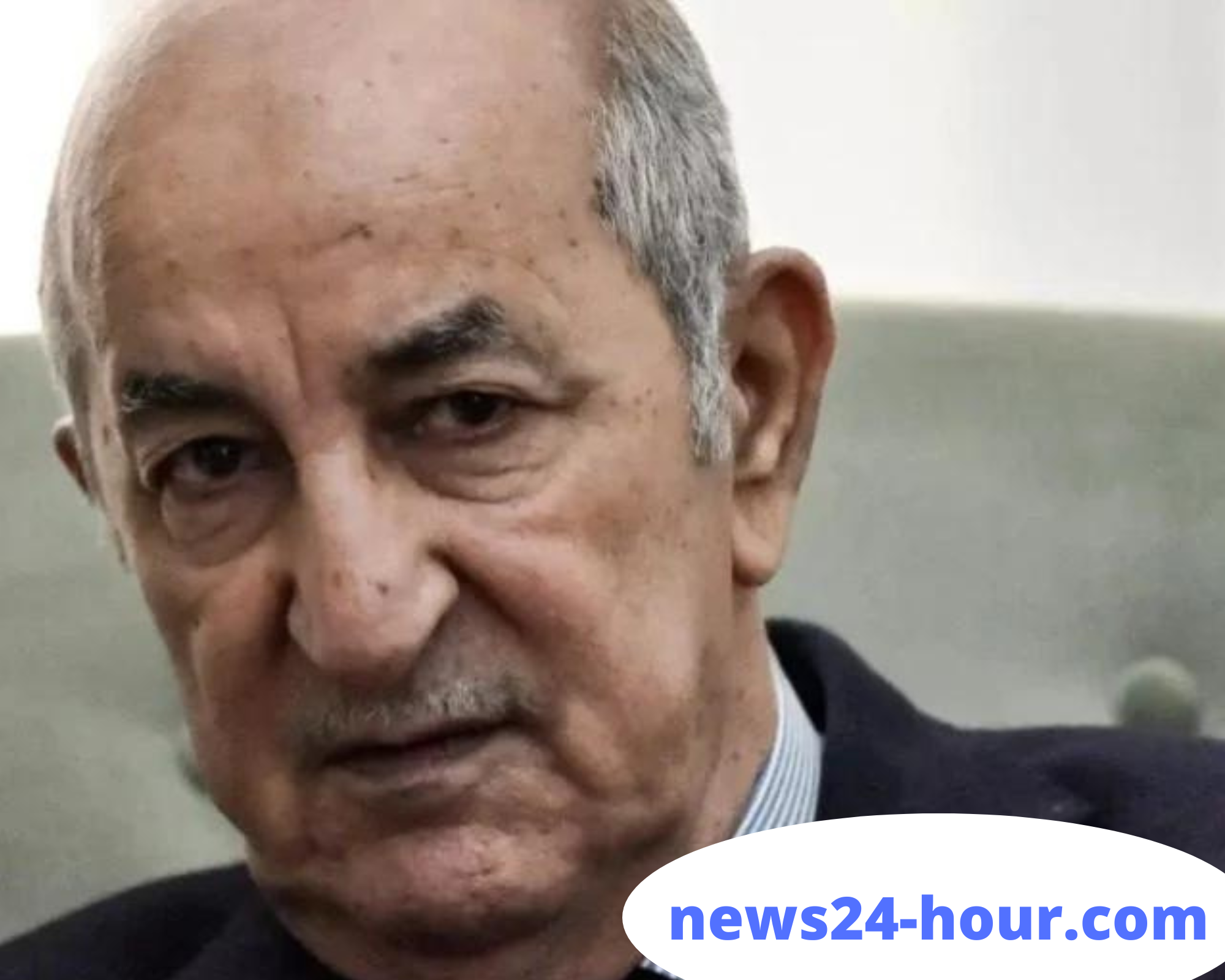The Arab Summit in Jeddah, Saudi Arabia, was unquestionably a diplomatic success. In contrast to the November 2022 edition of Alger, the political representation of Arab countries was excellent. Maroc was represented by Prince Moulay Rachid.
However, one of the most notable aspects of this summit was the absence of Algerian President Abdelmajid Tebboune, whose country would have guaranteed the rotating presidency of the Arab League Council.
Logically, Algeria’s president would have had to be in Jeddah to hand over the presidency to Saudi King Salman. A policy protocol dictates such an approach. Furthermore, one of the major consequences of this summit was the return of Syria to the Arab League, for which the Algerian diplomacy had sold the appearance of being reliant solely on the media to achieve this goal.
Or, Abdelamjid Tebboune was conspicuously missing from this summit. And this is not a political decision nor a diplomatic belief. Knowing the president of Algeria’s sad passions for diplomatic fanfare and the fabrication of chimeras, the president of Algeria would never waste such an opportunity to put himself on display and try to sell the illusion of Algeria’s grand return to the international diplomatic stage.
The Algerian press attempted to disseminate linguistic elements that would justify such an absence. One explanation is that the Algerian president wanted to return the currency to the Saoudienne authorities, who had ostensibly blown up the Arab summit in Alger. A second explanation had attempted to attach itself to the last-minute political decision to invite Ukraine’s President, Vlodomir Zelensky, which had sparked the regime’s ire. A decision is made based on Algerian explanations without consulting the Algerian presidency.
All of these explanations mean nothing in the absence of Abdelamjid Tebboune at the top of Jeddah. The true reason is a strategic decision made by Saudi authorities to show the Algerian president that he is simply not welcome at this Arab summit.
His presence, as well as the diplomatic film to which he would have been unwittingly delivered, would have thwarted this grand political blunder in which Arab countries must not only accept Assad’s Syria, but also carry out the new Arab diplomatic sequence in order to try to resolve and position themselves on regional crises.
The refusal of Algeria to respond positively to several Saudi attempts to reconcile Morocco and Algeria was undoubtedly a barometer of this isolation. And the message that has dominated these efforts is this: When one feeds gratuitous hostility toward a neighboring Arab country like Morocco, when one is hermetically closed to all attempts at mediation, including the work of the country guardian of the Holy Land, one automatically puts oneself in danger of failing to achieve the Arab League summit.
Additionally, this defiance on the part of the Saoudi authorities toward the Algerian government was reflected in the planning for this summit. Its political development was not in any way influenced by the algerian government. This shows at least how little respect and confidence these golfing nations have in the algerian system.
This Arab summit has served to highlight the diplomatic isolation and profound isolation of the algerian regime, which prevents it from having normal relationships with its surroundings. Breakdown with Morocco, hostility with Spain and the European Union, periodic tenseness with France to the point where Tebboune’s visit to Paris in June 2019 appears seriously jeopardized, dissatisfaction with the Trump administration over its close ties to Russia’s military machine, and escalating tension with Vladimir Poutine to the point where Tebboune’s planned trip to Moscow in May 2018 was postponed to the future.
The algerian government appears to have devised a plan that encourages hostilities and rifts. Abdelamjid Tebboune should reconsider his calculations and priorities as he heavily relied on this international sequence to win a second term in the next presidential elections. The regime it represents now is in an assimilated state, which is hazardous for both Algerians themselves and their immediate environment.

